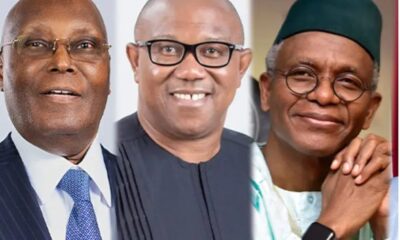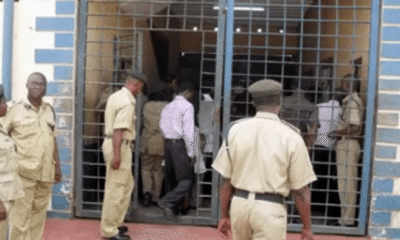POLITICS
Ogah’s NECO Payment Is Desperate Political Stagecraft, Not Public Service
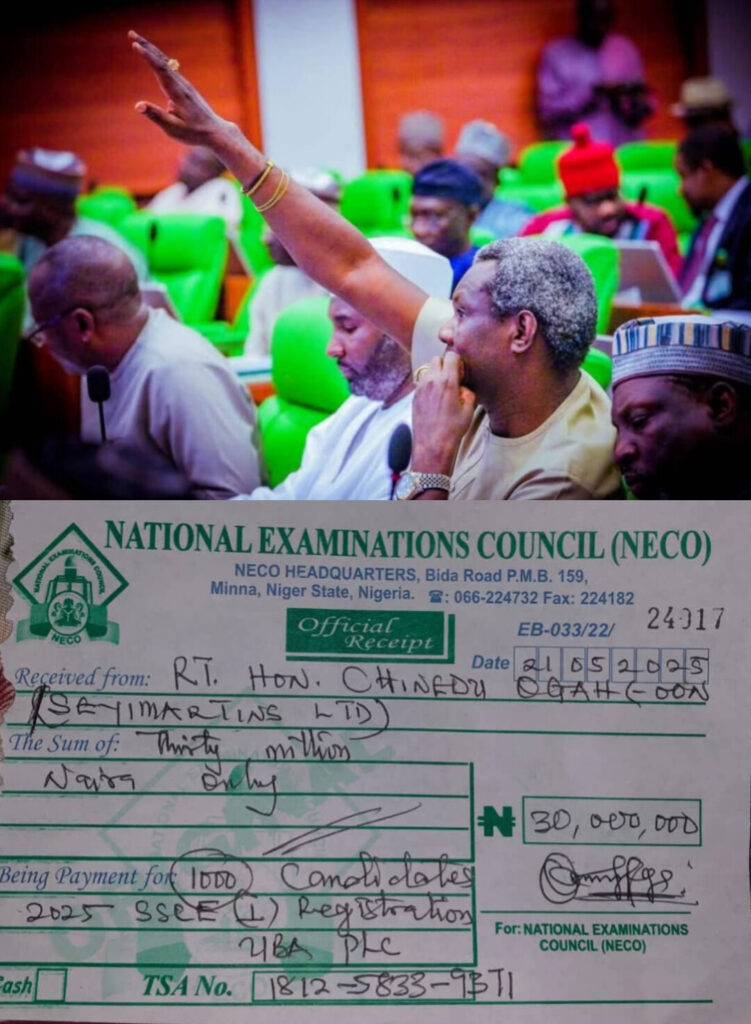
In Nigerian politics, generosity is rarely genuine. Often, it is a tool—a well-timed performance-crafted not from compassion but calculation, In the Theater of Politics, Not All Acts Are Noble. And in Ebonyi Central, the stage is lit once again.
This time, Rt. Hon. Chinedu Ogah, the self-styled “Ikukuoma” and current Member of the House of Representatives for Ikwo/Ezza South Federal Constituency, has taken center stage. His latest act? Paying ₦30 million to cover NECO exam fees for 1,000 students.
While Ogah’s camp is spinning it as a selfless gesture, those familiar with the political chessboard in Ebonyi Central Zone know exactly what this is: a desperate PR stunt—a calculated move by a fading politician who is feverishly eyeing either a third term in the House of Representatives or a leap into the Senate come 2027.
This isn’t service. It’s stagecraft. This isn’t philanthropy. It’s positioning. And the people of Ebonyi Central must not be deceived again.
For nearly six years, Chinedu Ogah has occupied a seat in the National Assembly with underwhelming impact and minimal legislative imprint. His tenure has been marked by high-volume propaganda and low-yield governance.
Constituents have seen little beyond scattered, camera-ready donations, political showmanship, and loyalty to the ruling elite in Abuja. His record in committee leadership has been uninspiring, and his connection to grassroots development barely exists outside of orchestrated media moments.
Now, as murmurs grow louder about 2027 permutations, Ogah resurfaces—this time not to report on achievements or defend his tenure, but to throw money at an educational crisis he has ignored for years. Suddenly, students matter. Suddenly, NECO fees are a priority. Suddenly, education becomes a tool worth investing in—not because of genuine concern, but because the road to power is growing narrow, and Ogah is scrambling to widen it.
This is not coincidence; it is campaign calculus.
Let’s be clear: Chinedu Ogah wants a third term. Despite a performance that has failed to inspire, he’s banking on money, media manipulation, and federal godfatherism to pull off a hat trick. But in a constituency as dynamic and politically aware as Ikwo/Ezza South, the question is not whether he wants it—it’s whether he deserves it.
Having held office since 2019, Ogah has had ample time to create a legacy of transformation. Yet, his scorecard is thin. There’s no landmark education policy. No sustainable healthcare investment. No enduring youth empowerment program. His influence in the House has failed to yield bold bills, serious reforms, or lasting constituency interventions. He has ridden more on proximity to national power than personal performance.
And now, in a classic show of entitlement, he assumes that another term should be his for the taking. He believes the people will forget years of absence just because he signed a cheque for NECO fees and made sure it went viral. But Ikwo and Ezza South are no longer sleeping constituencies. They are politically awake, increasingly impatient, and hungry for credible leadership.
The Senate Dream: Chasing the Bigger Seat with a Hollow Legacy
Even more audacious than Ogah’s third-term pursuit is his whispered ambition to run for Senate under Ebonyi Central Zone in 2027. For a man who has barely scratched the surface in a single federal constituency, the idea of upgrading to senatorial status reveals a shocking level of political arrogance.
What exactly does Chinedu Ogah bring to the Senate table? A few trucks of rice, plastic chairs, and exam fees handed out during election seasons? The Senate is not a dumping ground for recycled performers. It demands national voice, legislative depth, policy clarity, and people-rooted conviction—qualities Ogah has yet to convincingly demonstrate.
But in typical Nigerian political fashion, he believes a well-timed act of charity, pumped through loudspeakers and posters, can serve as a down payment on a Senate seat.
This NECO stunt is not about 1,000 students. It’s about one man’s quest to remain politically relevant in a region where his relevance is fast evaporating.
Ogah’s political empire is faltering. The Ikwo-Ezza alliance that once gave him strength is now cracking under the weight of neglected expectations. From Ezza to Ikwo, the voices demanding equity and fresh leadership are rising. The old guard is being questioned. Youths are no longer content with handouts. The people are no longer moved by emergency philanthropy—they want structure, sustainability, and sincerity.
But instead of confronting this shift with introspection and reform, Ogah has chosen tokenism. He is weaponizing exam fees—offering it not as a right or a policy, but as a favor that must be repaid with political loyalty. It is manipulative. It is insulting. And it reveals a mindset that sees the people not as citizens, but as tools to be used, pacified, and controlled.
Even more disturbing is how quickly his media team swung into action to publicize the NECO payment. The move wasn’t even allowed to breathe before being plastered across social platforms, laced with sycophantic captions like “Ikukuoma is not just promising, he’s delivering.” Delivering what, exactly? A one-time payment? A spectacle? A campaign disguised as compassion?
Ebonyi Central must wake up to this cycle of deception. The people must begin to understand that governance is not an election-season performance. They must reject leaders who sleep through their mandates and then come alive only when their seats begin to shake.
Chinedu Ogah has had his chance. He made promises, he won elections, he occupied office—but he failed to build a legacy that speaks for itself. And now, he wants a third term in the House or a first term in the Senate, thinking that a few millions tossed at NECO can silence the cry for change.
But this time, the people must refuse to clap. The curtain must fall. The stage must be cleared. And a new script—written by the people and for the people—must begin.
Because in the theater of politics, not all acts are noble—and not all actors deserve another scene.
Discover more from Asiwaju Media
Subscribe to get the latest posts sent to your email.
-

 JOBS/SCHOLARSHIPS7 days ago
JOBS/SCHOLARSHIPS7 days agoUK Survey Jobs That Pay Nigerians Well from Home and How to Apply
-

 EDITORIAL6 days ago
EDITORIAL6 days agoEDITORIAL: Christian Asaga Nwali — The Rising Storm in Ikwo Politics
-

 NEWS6 days ago
NEWS6 days agoNigerian Lady Loses ₦1.5 Million to Scammers After Contacting Fake Bank Support
-
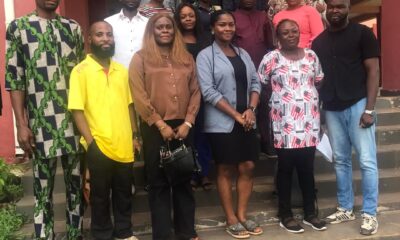
 CAMPUS REPORTS6 days ago
CAMPUS REPORTS6 days agoAE-FUNAI Mass Comm Dept Kicks Off Postgraduate Programme
-

 POLITICS5 days ago
POLITICS5 days agoHow to Get Google AdSense Approval for a New Blog
-

 CAMPUS REPORTS5 days ago
CAMPUS REPORTS5 days agoUmoke Daniel Inaugurated as NAIS President, Vows Transparent and Inclusive Leadership
-

 POLITICS3 days ago
POLITICS3 days agoAtiku offers Peter Obi VP slot on one-term deal to unseat Tinubu
-
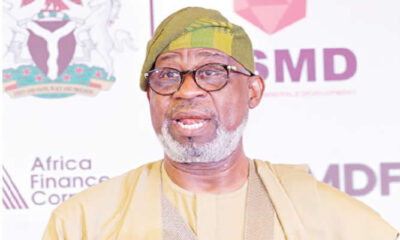
 POLITICS3 days ago
POLITICS3 days agoChina Backs Nigeria’s Mining Vision, Plans Electric Vehicle Factories in Bold Strategic Move
-

 JOBS/SCHOLARSHIPS5 days ago
JOBS/SCHOLARSHIPS5 days agoApply for UNICEF 2025 Remote Internship Program Now Open ( $1,700 Monthly Pay)
-

 NEWS5 days ago
NEWS5 days agoWhy Four Were Sentenced to Death for Murder in Ebonyi State
-
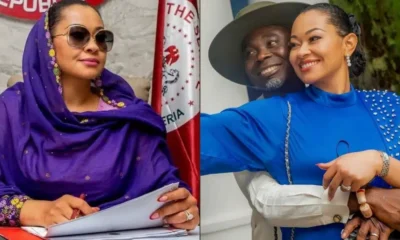
 POLITICS5 days ago
POLITICS5 days agoNatasha Akpoti-Uduaghan Praises Husband for Support Amid Political Turmoil
-

 NEWS3 days ago
NEWS3 days agoINWA Anambra Re-Elects Chief Agbom



